Key takeaways from the IBS Part 1 episode of the PCSG Ingest podcast:
Diagnosis of IBS
The episode is focused on making a diagnosis of Irritable Bowel Syndrome (IBS)and features Dr. Anton Emmanuel, a consultant gastroenterologist and Professor of neuro-gastroenterology at University College Hospital London.
Importance for Primary Care
- IBS is a common condition that primary care clinicians need to have a structured approach to diagnosing.
Topics Covered
- Causes of IBS
- Different subtypes of IBS
- Challenges in making a positive diagnosis
Clinical Pearls
Dr. Emmanuel shares several insights:
- Key questions to include in the patient history
- How to describe the condition to patients
- Practical tips for enhancing IBS diagnosis in primary care
Diagnostic Approach
The episode emphasises the importance of:
- Taking a structured approach to diagnosis
- Understanding the various presentations of IBS
- Recognizing the challenges in making a definitive diagnosis
Patient Communication
Guidance is provided on:
- Explaining IBS to patients effectively
- Addressing patient concerns and misconceptions
Additional Resources
The episode mentions useful guidance from the British Society of Gastroenterology, which listeners were encouraged to reference for more detailed information. Part 2 focusing on the management of IBS to be released soon.
bsg.org.uk/clinical-resource/british-society-of-gastroenterology-guidelines
The Ingest podcast is hosted by Dr Charlie Andrews a GPwER in gastroenterology based near Bath. Charlie works as a GP partner at Somer Valley Medical Group, trained as an endoscopist and leads the national GPwER in gastroenterology training programme, launched in 2023 in the southwest of England. Charlie is a committee member of the PCSG (Primary Care Society of Gastroenterology). For more information visit pcsg.org.uk
Chapters - (00:00:00) - Ingest
- (00:01:33) - Intense bowel dysrhythmia (IBs)
- (00:04:02) - How common is ibs?
- (00:06:17) - Obstructive bowel syndrome
- (00:10:06) - IBS: Classification and treatment tips
- (00:13:39) - Determining the diagnosis of IBS
- (00:14:44) - IBS
- (00:19:22) - IBS 12, Missing other comorbidities
- (00:22:21) - What to ask about IBS?
- (00:25:25) - IBS and secondary care,
- (00:29:33) - Confirmations about inflammatory bowel disease (IBs)
- (00:33:37) - Talking to the patient about ibs
- (00:35:09) - IBS, the diagnosis and treatment
- (00:38:11) - In the Know: Irritable bowel syndrome
- (00:40:22) - Irritable Bowel Syndrome
- (00:41:15) - The Primary Care Society for Gastroenterology Podcast
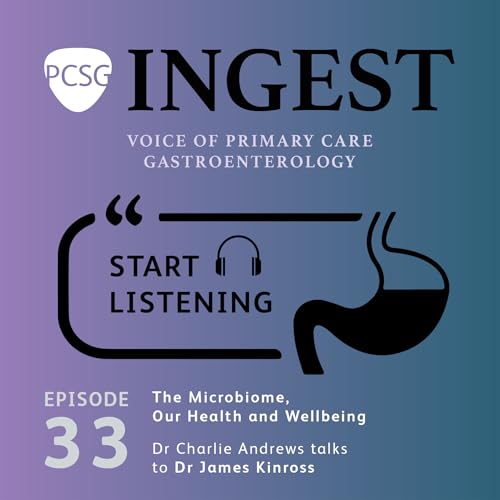 Jun 9 202539 mins
Jun 9 202539 mins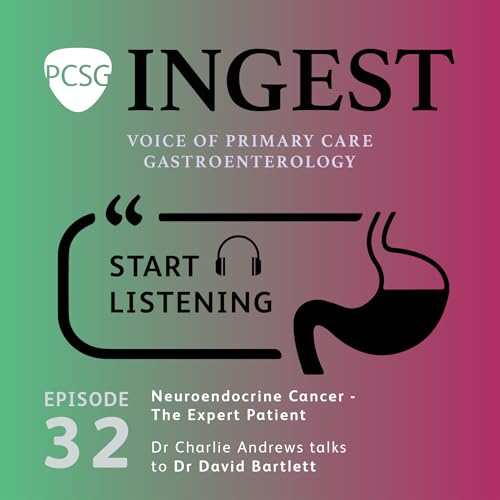 Apr 15 202543 mins
Apr 15 202543 mins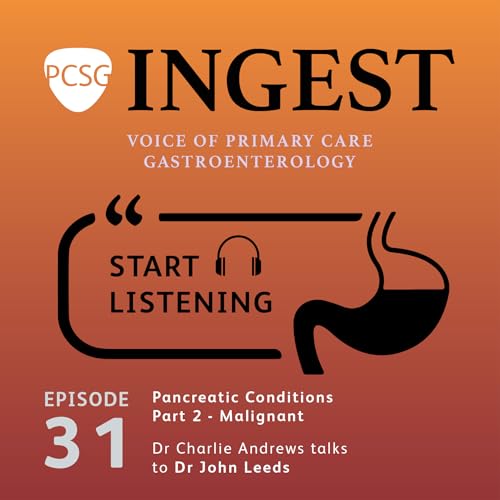 Mar 25 202544 mins
Mar 25 202544 mins Mar 12 20251 hr and 9 mins
Mar 12 20251 hr and 9 mins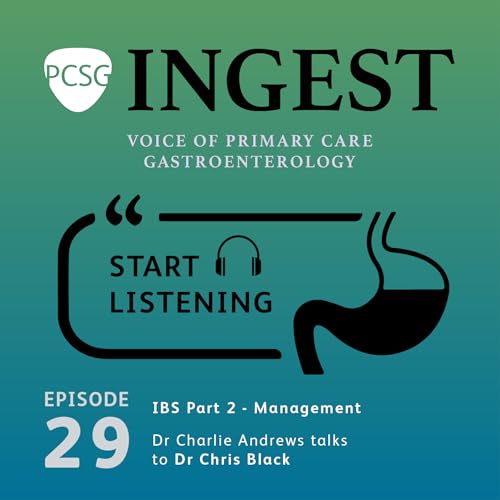 Feb 9 202545 mins
Feb 9 202545 mins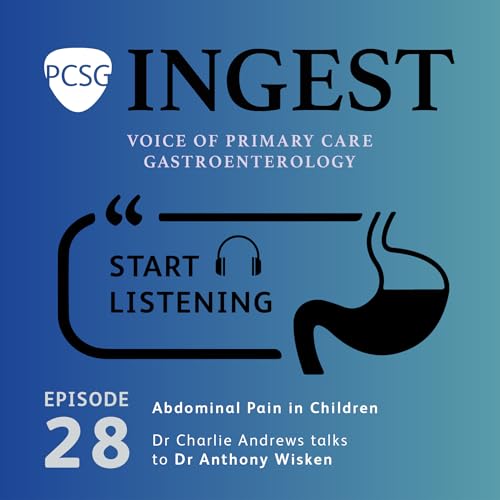 Nov 7 202458 mins
Nov 7 202458 mins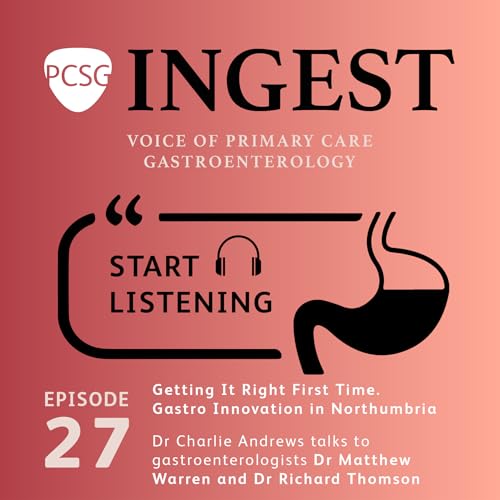 56 mins
56 mins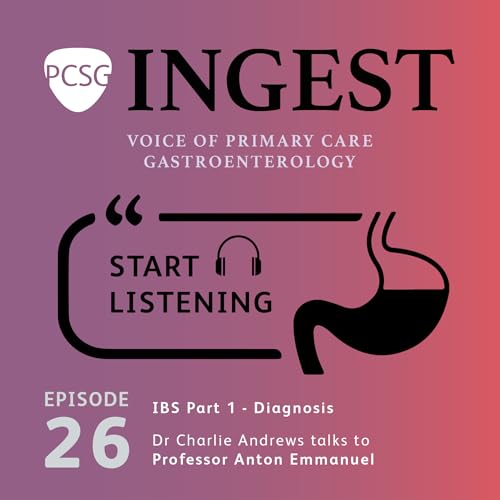 Sep 26 202442 mins
Sep 26 202442 mins

